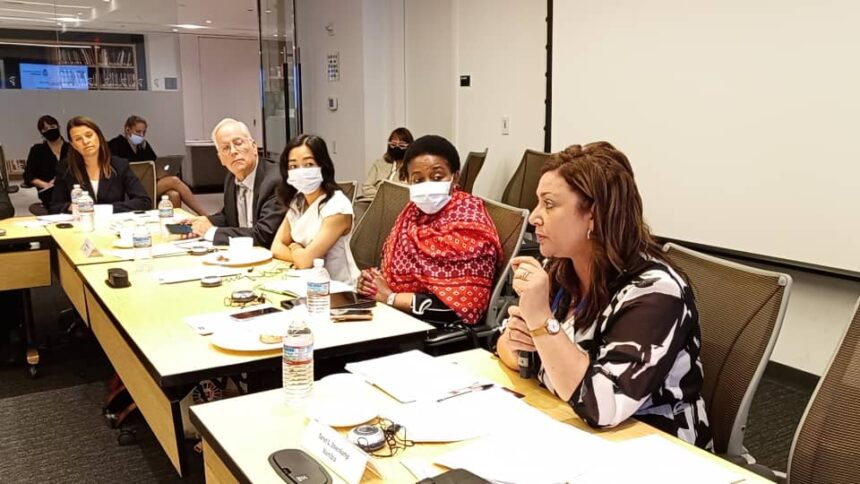Due to continuous budget cuts, the education ministry has mooted a public-private partnership plan to fund its accelerated infrastructure development plan.
The initiative of the Ministry of Education, Arts and Culture, aimed at accelerating the construction of infrastructure through reduced project cycles and in a more cost-efficient manner by using standard
designs.
Education minister Anna Nghipondoka during the national budget in the National Assembly last week said despite the economic difficulties the country is facing, it is worrisome to observe a downward revision in the capital budget allocation to the ministry, given the rising demand for education facilities.
The education ministry received N$14.1 billion for the 2022/23 financial year and represents a 21% share of the national budget, making it the highest allocation when compared to other line ministries.
From this allocation, the operational budget takes up 97.8%, with the bulk thereof going towards personnel expenditure at 84%, leaving only 16% for other operational expenditures.
The remaining 2.1% or N$300 million is for capital expenditure. This represents a reduction of 25% when compared to the capital budget allocation of N$398.8 million during the 2021/2022 financial year.
Popular Democratic Movement (PDM) member of parliament Esmeralda !Aebes criticised that these are the mainstream issues that the government ought to address, and the detail of the budgetary allocation for education exposes that the budget is
not being specifically streamlined to address the deep seated issues and contradictions that serve as impediments to the education sector.
“Rather, the significant chunk of the budgetary allocation of the ministry of education goes to personal expenditure in the form of salaries, and does not address the critical issues linked to infrastructure and the holistic expansion of education,” she stressed.
Meanwhile, Nghipondoka argued the backlog in permanent classrooms is on the rise despite continuous efforts to build more classrooms, and currently stands at 4 479 classrooms countrywide.
Equally, she said the demand for hostel facilities has also increased and a total of 1 176 hostel blocks and 1 075 ablution
facilities need to be constructed.
“Though all regions do have hostels, there are still many secondary schools without hostels. The ministry provides for 58 862 boarders, of which 25.7%, meaning 15 178 are primary learners. There is still a dire need to expand access to hostels as expressed by
the regional councils. This is a major challenge as hostels also remain a main
and key cost driver, with a total cost of N$650 million annually for a mere 7% of the learner population – a serious opponent to equitable distribution of resources,” she maintained.
She pointed out the infrastructural needs cannot be funded by the government alone, given the current strain on the fiscus.
Therefore, she indicated the ministry would have to pay serious attention to operationalise and entering into PPPs to fund its accelerated infrastructure development plan.
!Aebes said while it cannot be denied that enrolment has increased due to the implementation of universal free primary and secondary education by the Namibian government, the government has dismally failed in ensuring that the budgetary allocation to the ministry is sufficient.
The allocated budget to the ministry will be utilised to implement the key priorities under the pre-primary; primary; secondary; policy coordination and support service; adult education, and the lifelong learning, arts, and culture programmes during the 2022/23 financial year.
–anakale@nepc.com.na


